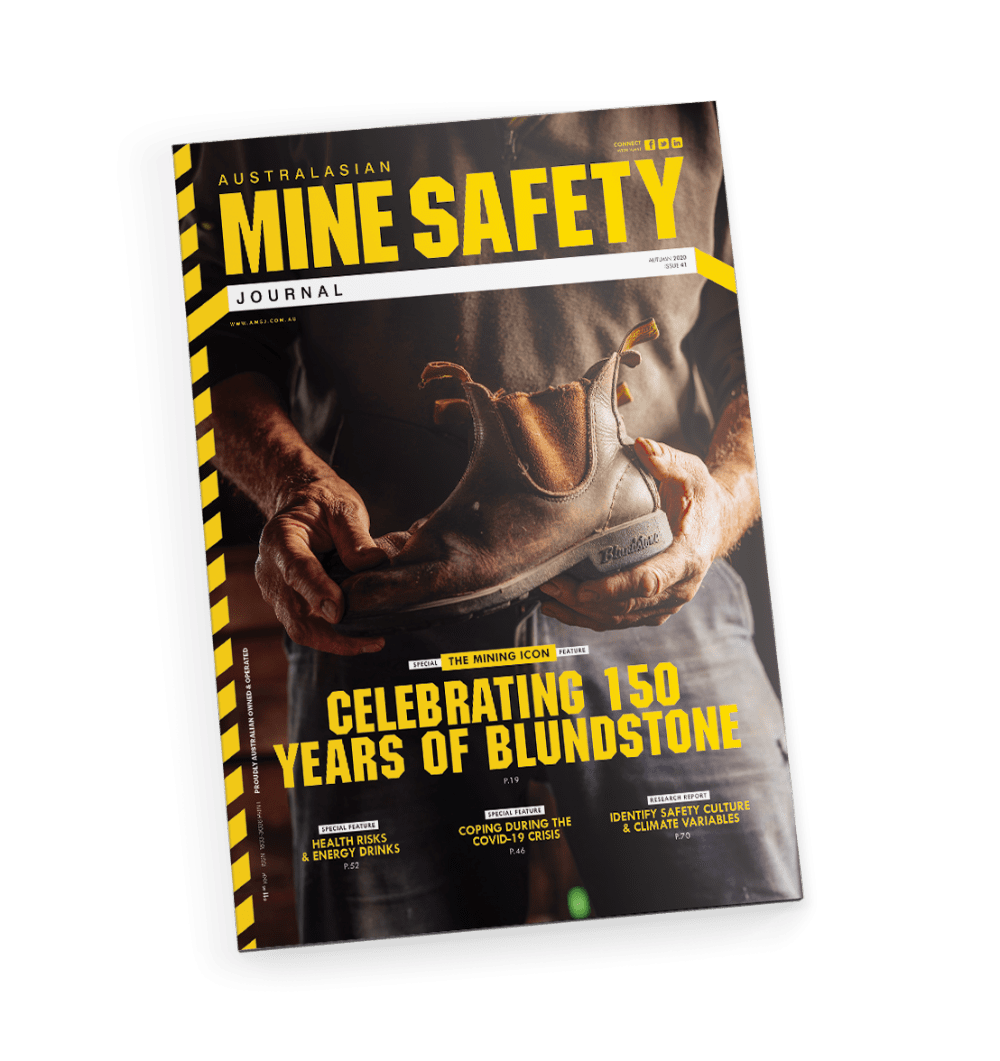Energy drinks can be detrimental to worker health and well being
How do energy drinks impact your business?
Workers who consume energy drinks are at risk of health impacts which can directly affect their ability to safely perform physical tasks, safely operate plant and machinery or increase their exposure to work hazards which may cause accidents and injuries.1,3,4
The use of energy drinks has significantly increased in recent years,1 particularly in male dominated industries such as construction, transport, agriculture, mining and resources.2
Workers who have jobs that require shift work, high physical demands, long hours, repetitive tasks or those who work more than one job are more likely to consume energy drinks as a way to stay alert.1 In comparison to other stimulant drinks such as tea or coffee, energy drinks are often favoured because of their high sugar content, ability to be consumed quickly and cooling effect in hot environments.3,4 This can cause workers to consume energy drinks in unsafe amounts which can have negative impacts on health.1-3
“Workers who have jobs that require shift work, high physical demands, long hours, repetitive tasks or those who work more than one job are more likely to consume energy drinks as a way to stay alert.”
What are energy drinks?
Energy drinks are carbonated beverages that often contain high amounts of sugar, caffeine and other substances which have stimulant effects such as guarana, taurine, ginseng, theobromine and theophylline.1-3 They aim to increase alertness, stamina, physical performance and concentration.2,3
| DRINK | SALE SIZE | SUGAR CONTENT | STIMULANT CONTENT |
| Red Bull | 1 can = 250mL | 27.5g | Caffeine 80mg |
| V | 1 can = 250mL | 27g | Caffeine 80mg Guarana extract 33mg |
| Mother | 1 can = 500mL | 52g | Caffeine 160mg |
| RockStar | 1 can = 500mL | 65g | Caffeine 160mg Guarana extract 50mg Ginseng extract 50mg |
| Monster | 1 can = 480mL | 54g | Caffeine 153.6mg |
| DRINK | SALE SIZE | SUGAR CONTENT | STIMULANT CONTENT |
| Cola Drinks | 1 can = 375mL | Varies | Caffeine 40mg |
| Coffee Cup | 1 can = 250mL | Varies | Caffeine 25-200mg |
Recommended daily intake of caffeine = 210mg/day5. Recommended daily intake of sugar = 50g/day6.
How do energy drinks impact worker health?
- Dehydration
- Insomnia
- Anxiety
- Nervousness
- Shaking
- Dizziness
- Trouble breathing
- Chest pain
- Accelerated heart rate
- Heart palpitations
- Headaches
- Nausea
- Vomiting
Energy drinks have been found to cause and contribute to higher rates of illness and mental health issues.1-3
The effects of caffeine can impact on sleeping patterns3, and the sugar content of energy drinks is similar to that of soft drinks which is known to contribute to weight gain and obesity.2 Many of the stimulants contained in energy drinks are diuretics, which means they cause the body to expel more water which can cause dehydration.4 Dehydration impairs physical, psychological and cognitive performance which can lead to illness, injury and accidents.4
- What can your workplace do?
Ensure fresh, cold, palatable water is available at all times. For example, provide accessible drink fountains around the workplace and sugar-free flavour additives such as fruit slices or sugar-free cordials at tea and coffee stations.4 - Promote the importance of good hydration, the consumption of healthy eating and drinking and the harmful effects of energy drinks.1,3,4
- Allow adequate time for breaks to allow workers to eat, drink, rest or engage in physical activity.3,4 Active breaks help to increase alertness and regulate appetite and fullness signals.4
- Encourage management to remove or limit energy drinks from workplace food outlets and vending machines.1,4
- Create a work culture through active and visible management support, participation and leadership which discourages the consumption of energy drinks,1,4 particularly in workers with chronic and heart conditions.1
- If stimulant drinks are to be consumed, encourage the consumption of natural caffeinated beverages such as tea or coffee over energy drinks.3,4
- Ensure fatigue management, shift work and workloads are closely monitored and allow for adequate breaks between shifts.4
REFERENCES
- Dennison K, Rogers B, Randolph SA. Energy drinks and worker health risks. Workplace Health and Safety 2013; 61(10):468.
- Gunja N & Brown J. Energy drinks: health risks and toxicity. Medical Journal of Australia 2012; 196(1):46-49.
- Shearer J, Graham TE, Skinner TL. Nutra-ergonomics: influence of nutrition on physical employment standards and the health of workers. Applied Physiology, Nutrition and Metabolism. 2016; 41: S165-S174.
- Polkinghome B, Gopaldasani V, Furber S, Davies B, Flood VM. Hydration status of underground miners in a temperate Australian region. BMC Public Health 2013; 13:426.
- Food Standards Australia and New Zealand. Caffeine. Canberra (AUST): FSANZ; 2015. http://www.foodstandards.gov.au/consumer/generalissues/Pages/Caffeine.aspx
- World Health Organisation. Guideline: Sugars intake for adults and children. Geneva: WHO; 2015.
























